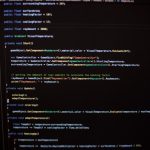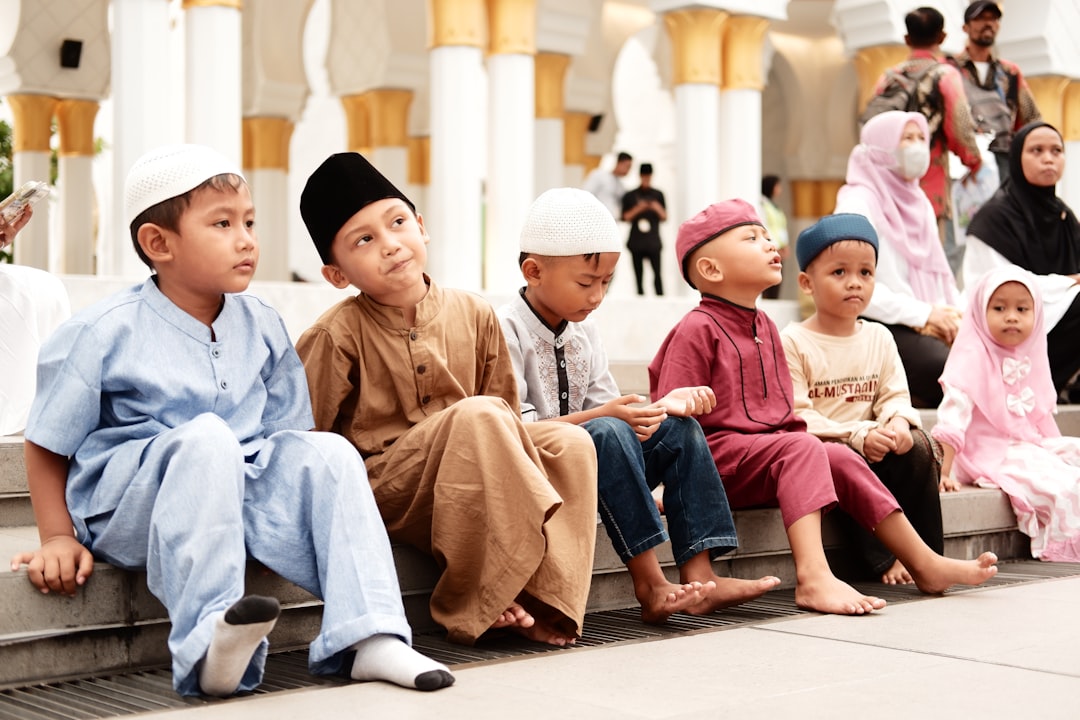In June 2024, New York City’s public school system—one of the largest in the world—found itself amid controversy after an error in the official school calendar led to confusion and concern among Muslim families. The oversight revolved around Eid al-Adha, one of the most sacred holidays in Islam, which was scheduled on the wrong date. The mistake not only sparked debates about cultural sensitivity and procedural rigor but also led to a broader conversation about inclusivity in public institutions serving diverse populations.
So, what exactly went wrong with the NYC schools calendar, and why did it have such widespread implications? Let’s unpack the issue step-by-step to understand the significance behind the scheduling mishap.
The Background: Recognizing Religious Holidays
New York City is home to over a million Muslim residents, many of whom send their children to public schools. In 2015, in a landmark decision, NYC’s Department of Education added two major Islamic holidays—Eid al-Fitr and Eid al-Adha—to the official school calendar as days off, recognizing the city’s religious diversity and the importance of inclusivity.
This change was lauded as a move toward equality, ensuring that students would no longer have to choose between honoring their religious obligations and attending school. But with this inclusion also came the responsibility to accurately identify when these holidays fall—a task that proved more complicated than expected.
What Is Eid al-Adha?
Known as the “Festival of Sacrifice,” Eid al-Adha commemorates the willingness of Prophet Ibrahim (Abraham) to sacrifice his son in obedience to God. The date of the holiday is determined by the Islamic lunar calendar and falls on the 10th day of Dhu al-Hijjah, the 12th and final month of the Islamic calendar. Since the Islamic calendar is solely lunar-based, its months rotate yearly in relation to the Gregorian calendar.
This fluctuation makes scheduling a precise date for the Eid holidays challenging. Many Muslim-majority countries rely on moon sightings to confirm the arrival of specific Islamic dates. In contrast, fixed calendar systems like those used by government institutions often prefer projection-based or calculated methods—sometimes creating a disconnect.

The 2024 Scheduling Error
For the academic year 2023-2024, the NYC Department of Education had marked Monday, June 17 as Eid al-Adha. However, as the actual date of Eid al-Adha approached, many Muslim scholars and organizations confirmed that the holiday would be observed on Sunday, June 16, based on the moon-sighting method followed by a large portion of the global Muslim population.
This revelation caught many off guard. Parents had planned family gatherings and religious observances expecting that Monday would be the official holiday. Meanwhile, school officials had announced closures and adjusted activities to fit what turned out to be an incorrect date. Though students still got the day off, the misalignment with the actual celebration date created confusion and frustration among families who felt the core meaning of the day had been overlooked.
Community Reaction: Disappointment and Concerns
Muslim leaders in NYC swiftly responded, raising alarms about the implications of the error. The Council on American-Islamic Relations (CAIR-NY) and other advocacy groups called the mishap emblematic of a larger issue—lack of proper consultation and oversight regarding cultural and religious affairs.
“This isn’t just a scheduling mistake,” said one community leader. “It’s about inadvertently dismissing the significance of a day that millions of Muslim families honor through prayer, sacrifice, and togetherness.”
Parents also voiced concern about the message it might send to younger students—many of whom are growing up with the hope that their cultural identities are being acknowledged and respected in mainstream settings like public education.
Behind the Bureaucracy: What Went Wrong?
Many are asking: how did an error like this slip through the cracks in a city so attuned to diversity?
The answer seems to lie in a misalignment between differing methods of determining the date of Eid. Reports suggest that the Department of Education relied on a pre-calculated calendar from some Islamic organizations, rather than coordinating with local religious communities or allowing for last-minute moon sightings, which are common in Islamic traditions. While planning a school calendar demands months of lead time, critics argue that more direct engagement with religious leaders could have helped prevent the error.
Adding complexity, various Muslim sects and traditions may follow slightly different approaches in determining religious dates. But community advocates stress that with proactive communication, a consensus could have been formed to set the date more accurately—or at least more inclusively.

Calls for Change and Accountability
This calendar error has led many to call for reforms in how religious holidays are established within public institutions. Among the proposals being floated are:
- Community Consultation Panels – Involving faith-based leaders in official calendar planning.
- Regional Flexibility – Allowing for school-by-school recognition of religious dates based on local observance.
- Transparent Communication – Keeping families informed about projected dates with an explanation of how adjustments may occur.
Many believe that acknowledging religious plurality requires more than just checking boxes—it requires an ongoing dialogue and a willingness to adapt existing structures.
The Bigger Picture: What This Means for NYC and Beyond
This incident has served as a learning moment for educators, politicians, and community leaders alike. At its core, it’s a reminder that reflecting cultural inclusivity in policy must be more than performative. The voices of communities affected by calendar decisions, especially when the holidays are tied to sacred traditions, must be meaningfully integrated.
More broadly, with increasingly multicultural student populations across the United States, educational institutions are beginning to recognize the need for flexible, responsive scheduling practices. Whether it’s a Jewish High Holy Day, Lunar New Year, Diwali, or Eid, the approach to recognizing non-Christian holidays must be handled with equal sensitivity and accuracy.
What Now for NYC Schools?
Following the backlash, the NYC Department of Education issued a statement acknowledging the error and stated that they are reviewing the process by which holiday dates are selected. Officials have indicated plans to schedule follow-up discussions with community representatives to avoid similar mistakes in the future.
While the mistake certainly caused initial disruption, some view it as a positive opportunity to establish clearer channels for consultation and cultural responsiveness moving forward.
Conclusion: A Teachable Moment
At the intersection of public education and cultural observance lies a very human truth: recognition matters. For Muslim students and families in New York City, the mistake in scheduling Eid al-Adha might have felt like a setback. But it has also reignited important conversations about representation, consultation, and how public institutions can—and must—do better.
In a school system that prides itself on diversity and inclusion, ensuring that that promise extends meaningfully to calendar decisions is not just good policy—it’s a step toward a more equitable future for all students.
 logo
logo



